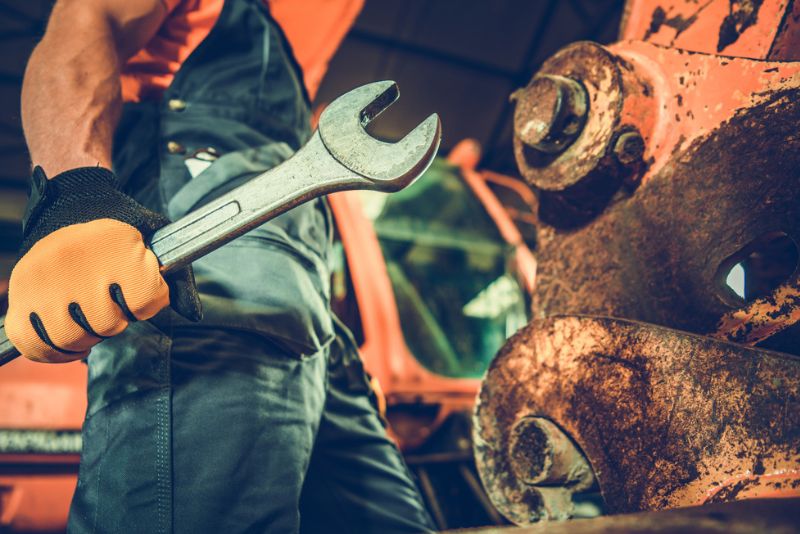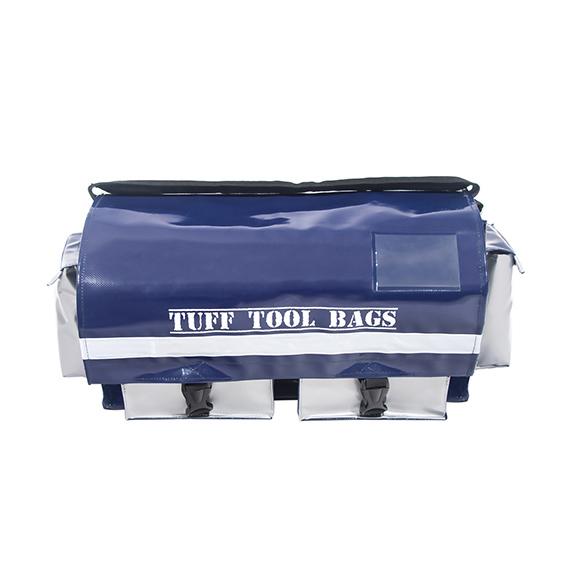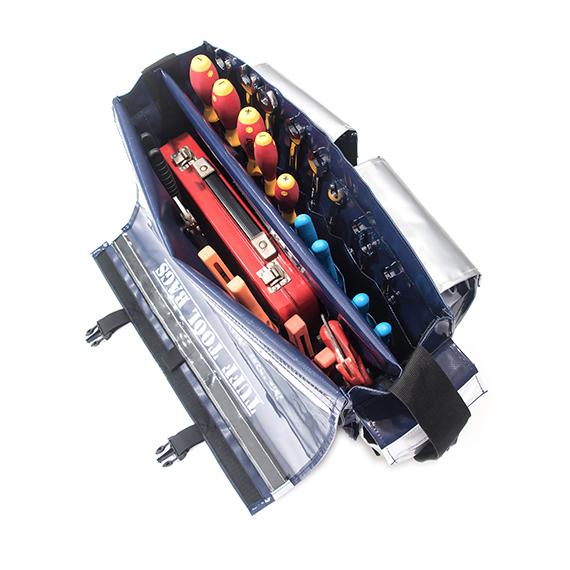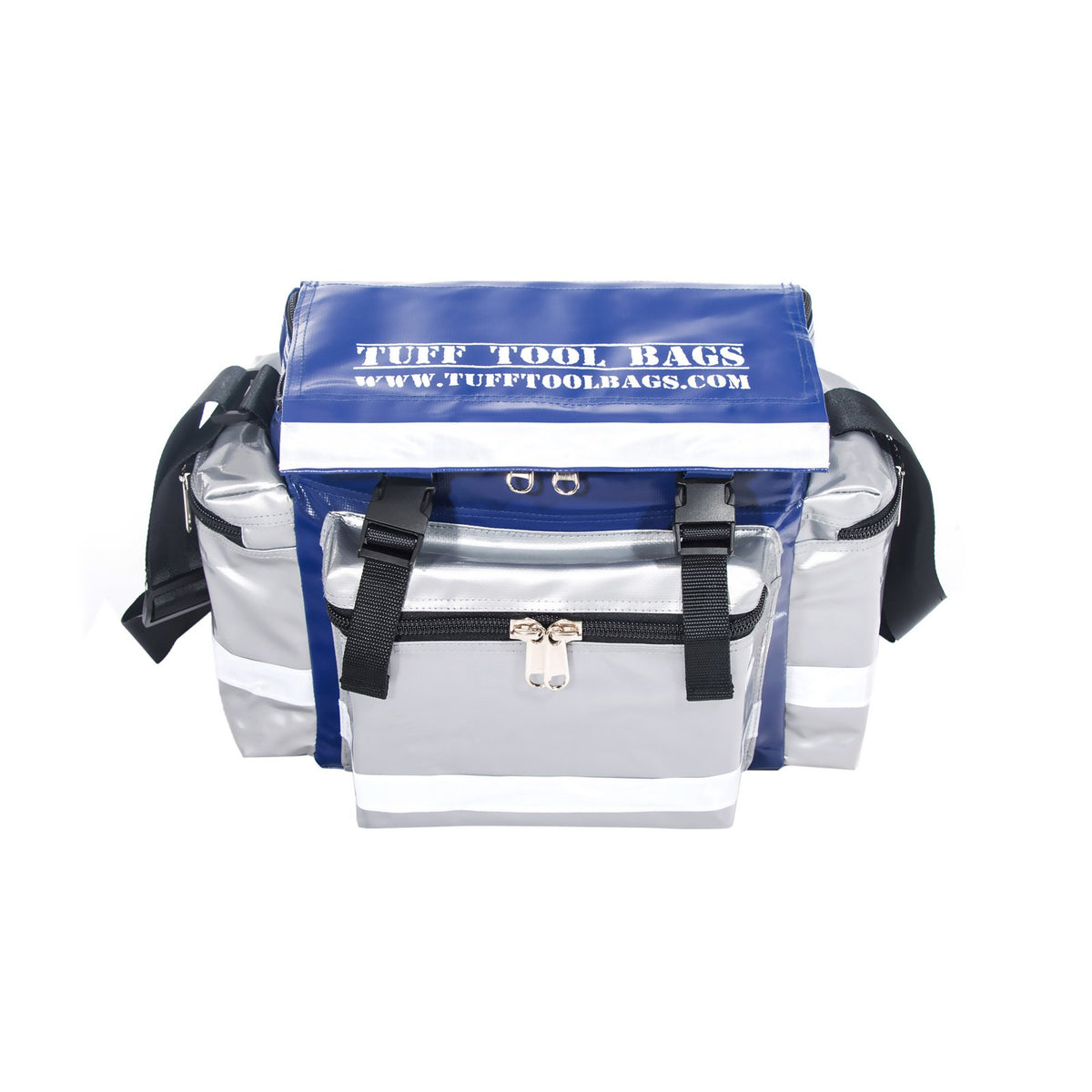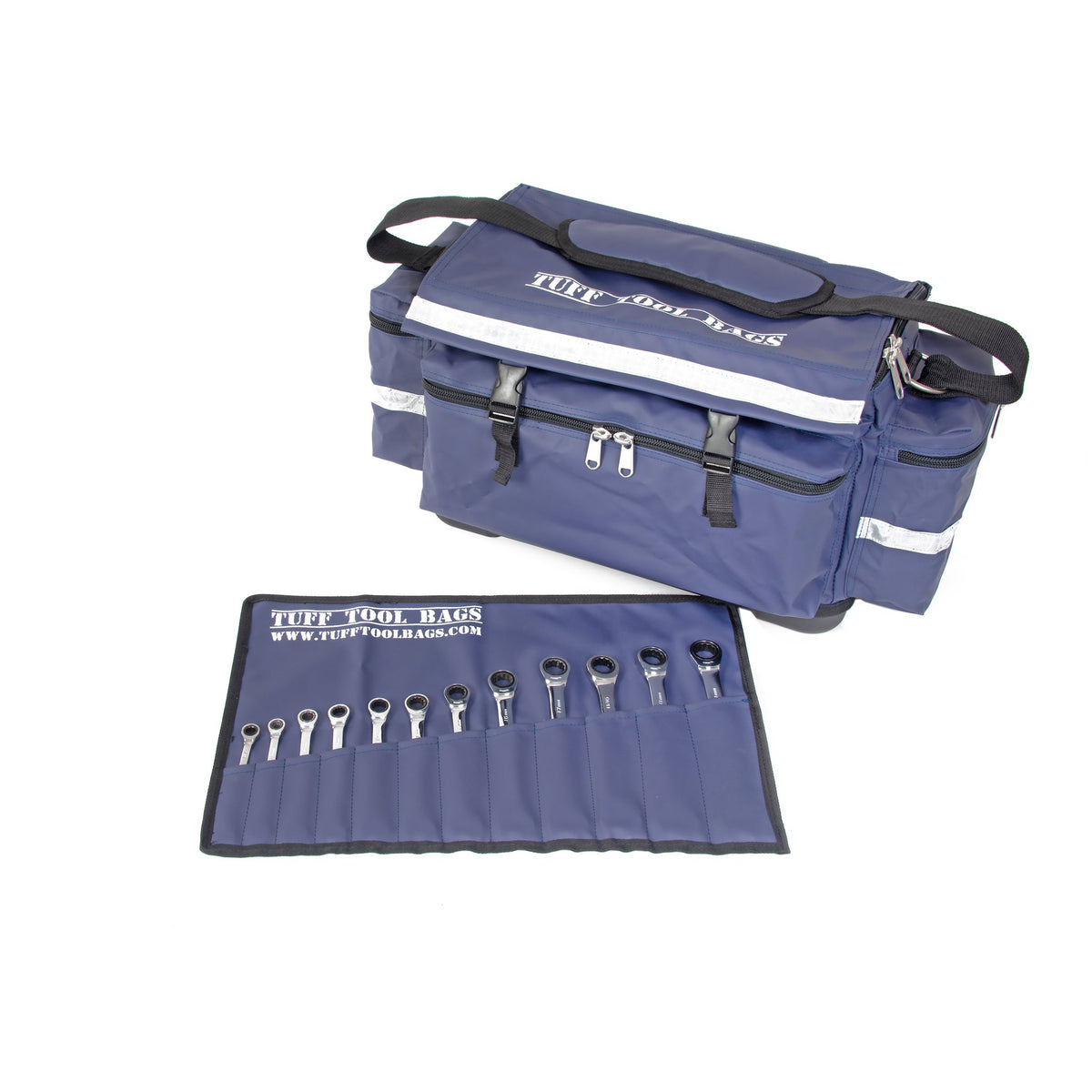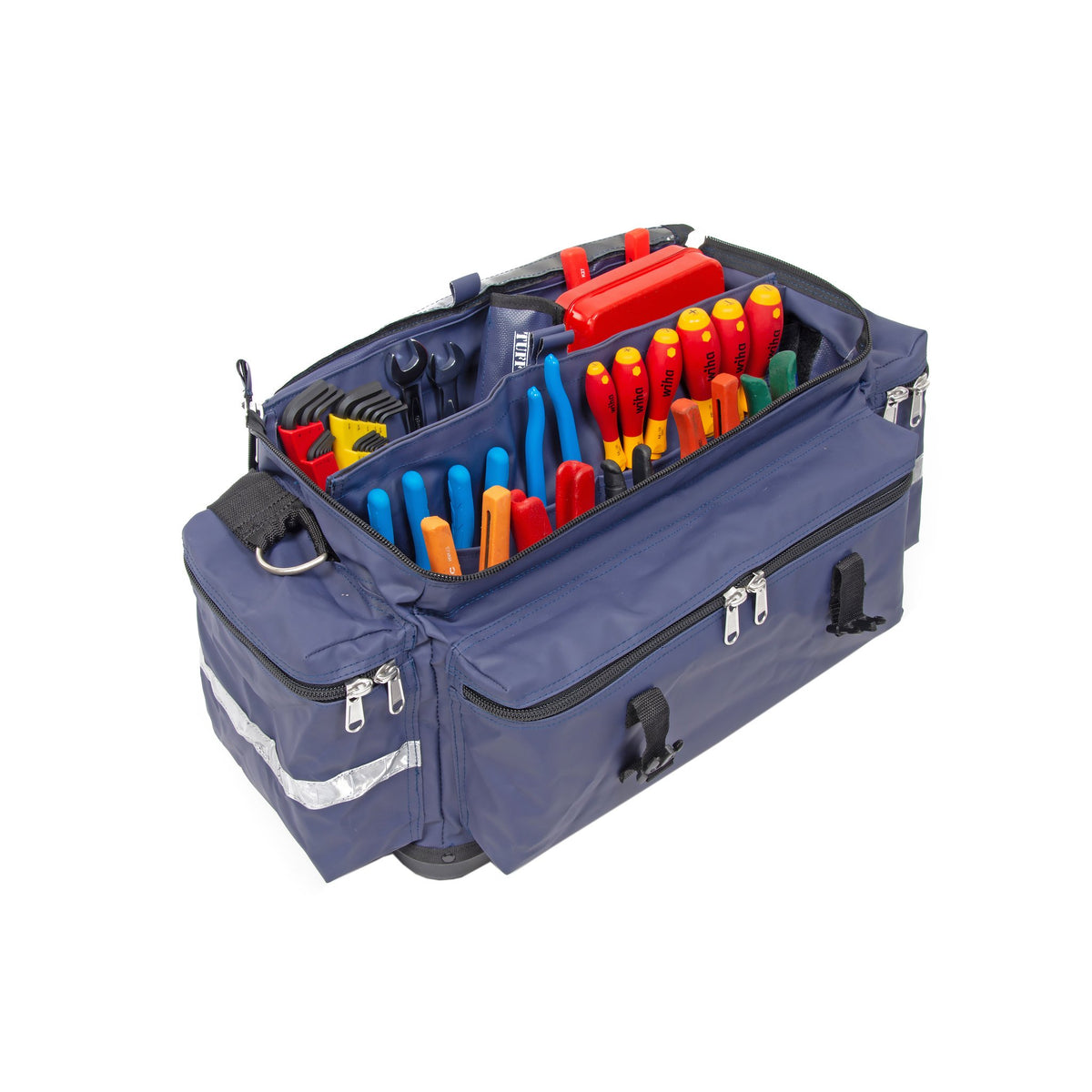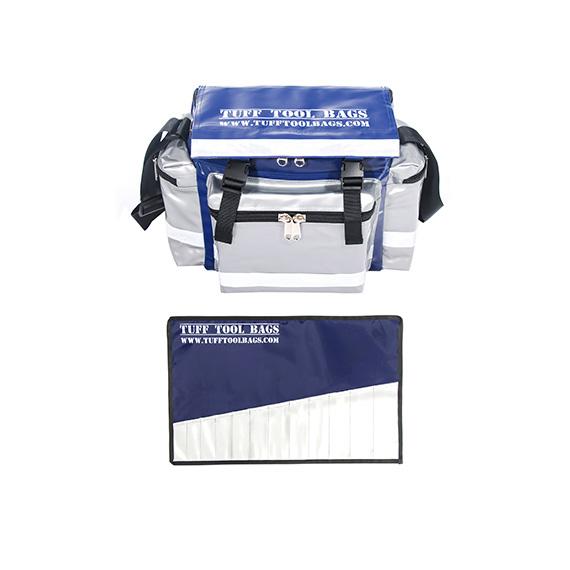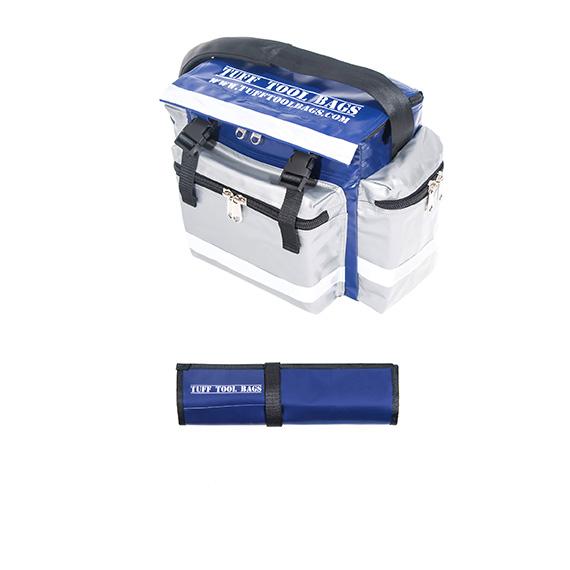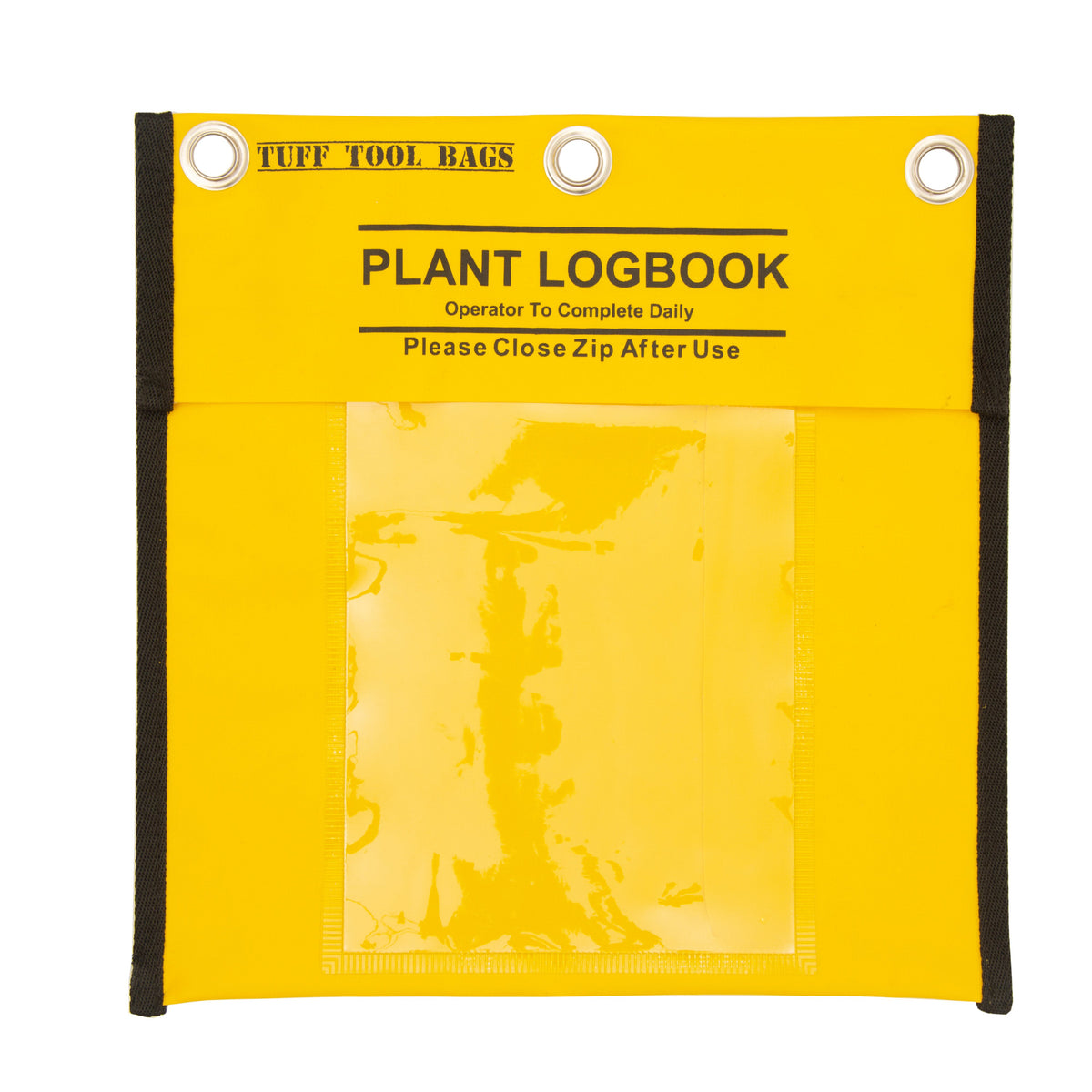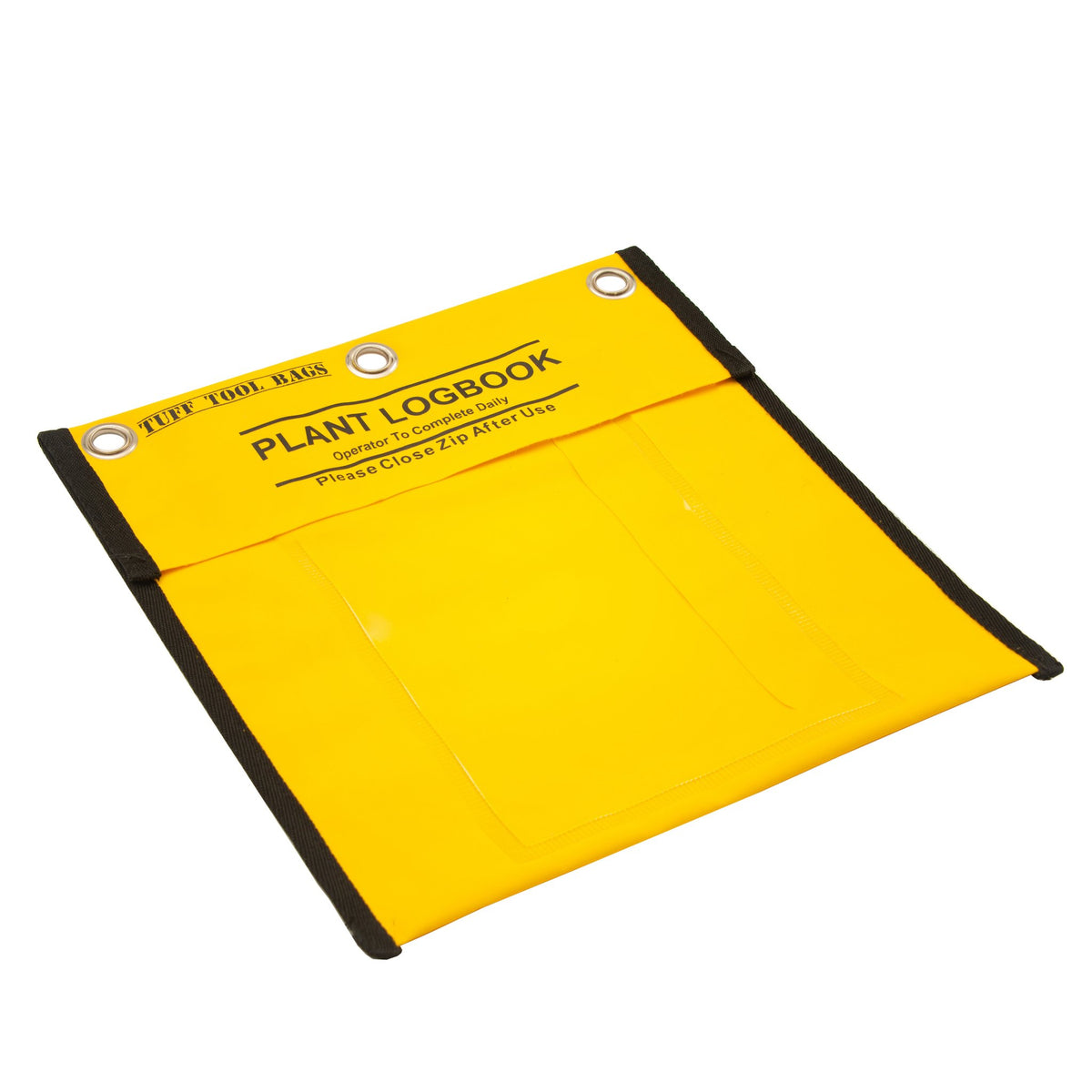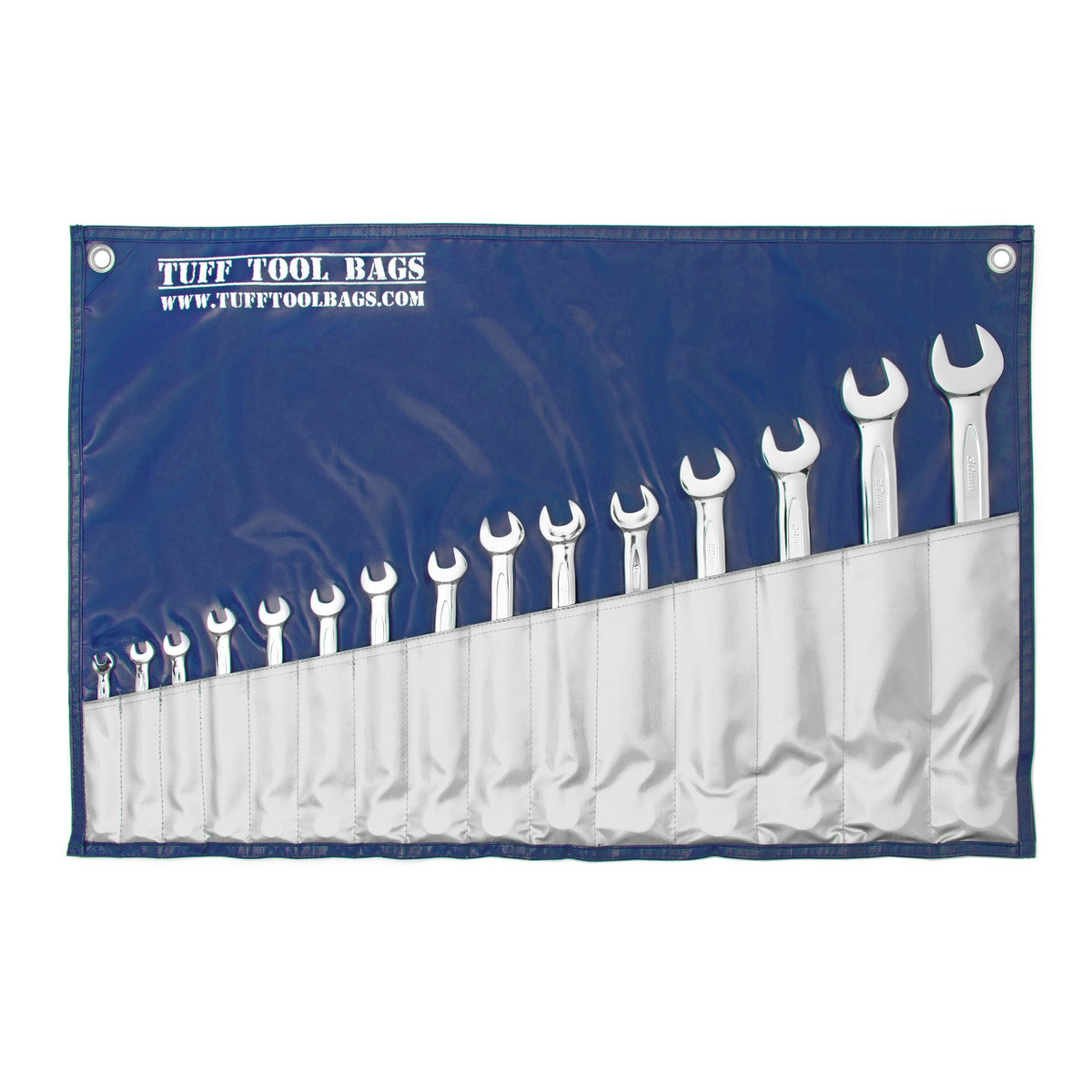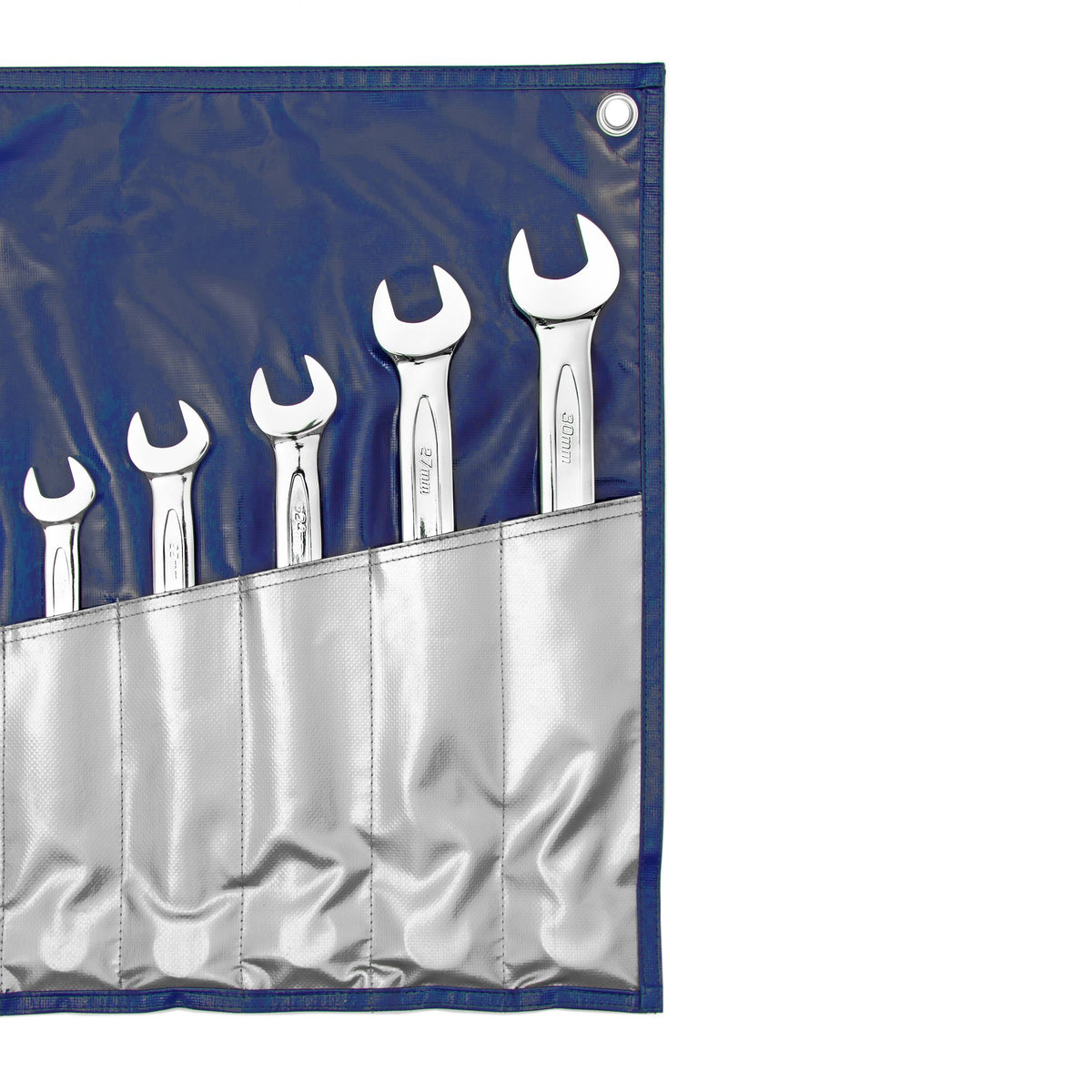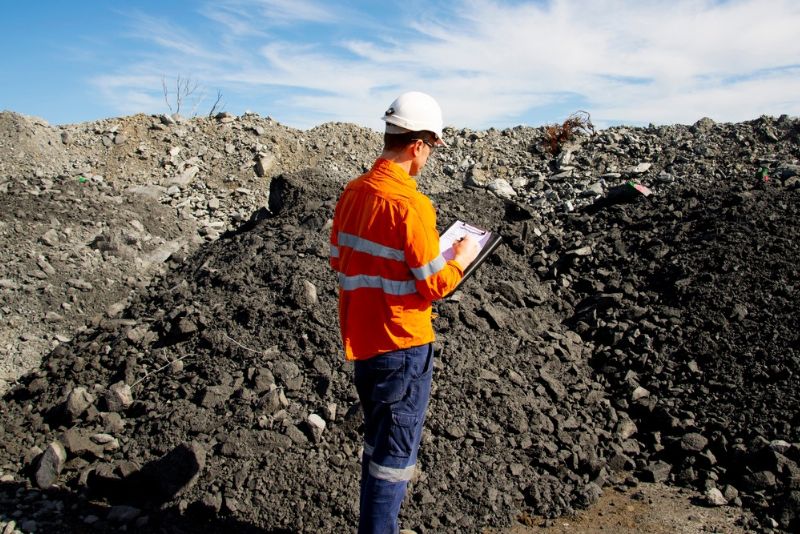It’s all in the name. A mechanic usually works on cars and light trucks, while heavy duty mechanics work on much larger commercial vehicles. A heavy-duty mechanic specialises in working with heavy machinery found in construction, railway and farming. Heavy duty mechanics require more training and experience.
What is an auto mechanic?
Auto mechanics are trained to ensure cars and light trucks are road-safe by performing maintenance tasks. They typically work in one of two places: auto dealerships, where they focus on specific car models and brands, or repair shops, where they service various types of vehicles. Their tasks include routine vehicle maintenance and safety inspections to identify any potential issues.
What is a heavy duty mechanic?
A heavy-duty mechanic, also known as a diesel mechanic, specialises in maintaining and repairing diesel engines used in larger vehicles like trucks, farm equipment, and construction machinery. Given the intricate nature of the work, additional training and experience are essential in this profession. Unlike an auto mechanic, heavy-duty mechanics often find themselves working at various locations.
Education and Duties
Auto mechanics rely heavily on technical knowledge and computer skills to perform repairs and maintenance tasks, while heavy-duty mechanics primarily require mechanical expertise for their job. The minimum educational requirement for entering either field is a high school diploma or its equivalent.
One of the advantages of pursuing a career in these fields is the opportunity for apprenticeships, enabling aspiring mechanics to learn essential skills under the guidance of licensed professionals. Even with limited training or experience, individuals can secure entry-level positions and gradually advance. This profession emphasises hands-on experience, with career progression closely tied to the accumulation of practical skills.
Both auto mechanics and heavy-duty mechanics share similar responsibilities. They must effectively communicate with customers, conduct thorough examinations, and diagnose significant vehicle problems, all while conveying this information to clients.
How to choose which career path to take
If you’re considering a job as either an auto mechanic or a heavy duty mechanic but you’re unsure of which one you should choose, consider the following:
- How much time are you willing to invest in your studies? Heavy-duty mechanics require more qualifications, translating to a longer duration of study and a greater financial commitment. While pursuing further education is beneficial in either path, becoming an auto mechanic typically offers a quicker route compared to heavy-duty mechanics.
- What are your interests and strengths? If you enjoy working with electrical systems and leveraging your technical skills, a career as an auto mechanic might be your calling. On the other hand, if you have a passion for mechanical systems and relish the idea of working with hefty machinery, exploring a career as a heavy-duty mechanic could be the perfect fit for you.
MADE FOR TRADESMEN, BY TRADESMEN
At Tuff Tool Bags, we offer a wide range of vinyl tool bags to suit any tradie or hobbyist. And if you’re not sure what you need or need a little help, simply contact us today. We’re always happy to have a chat.


